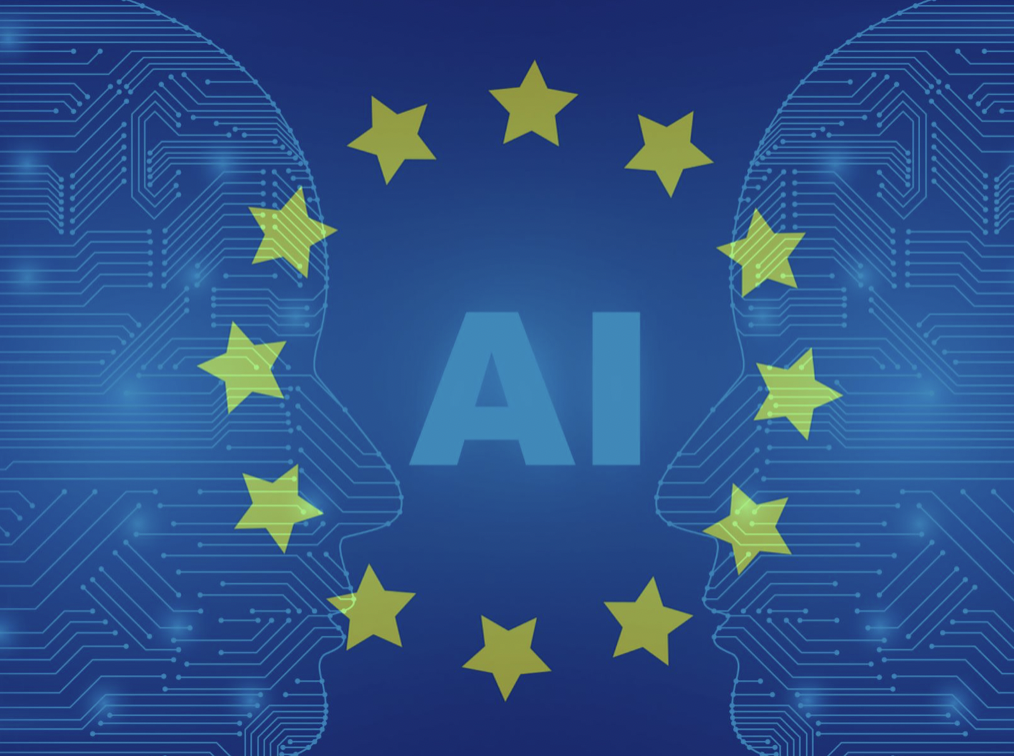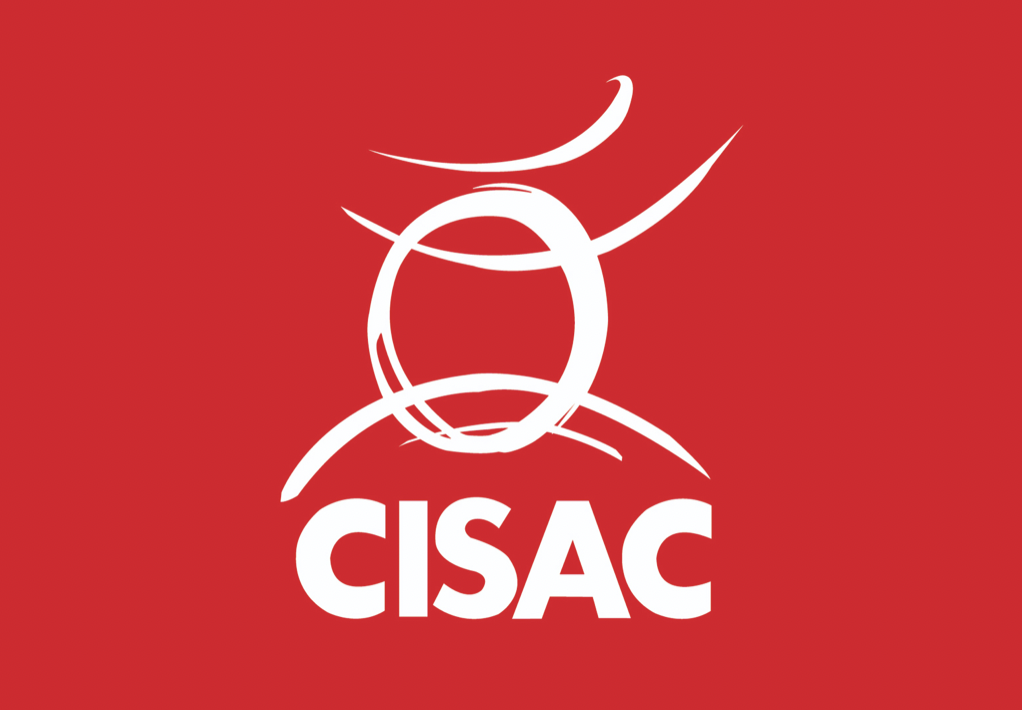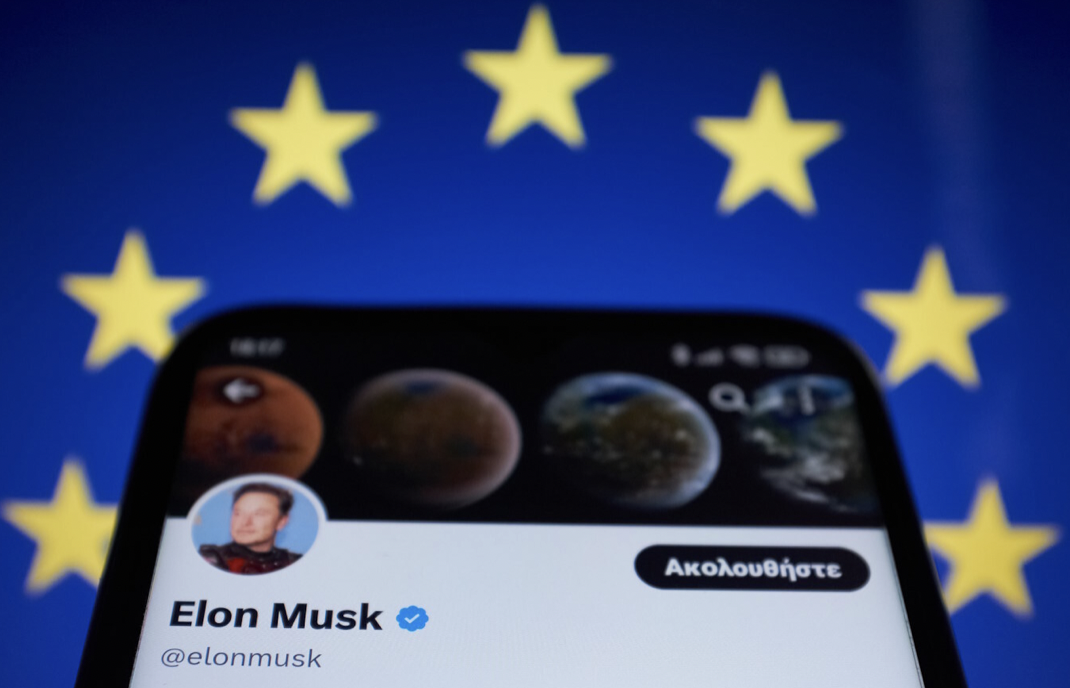AI Act Nears Completion in EU

As the three main European Union institutions – the Council, Commission, and Parliament – conclude negotiations on the final draft of the EU’s landmark AI Act, intense last-minute lobbying continues. Tech giants and music industry stakeholders alike hope to shape regulations governing artificial intelligence systems, particularly on copyright protections and disclosures in foundational models.
According to a leaked draft seen by TechCrunch, lawmakers seem to have resisted pressure for a blanket carve-out for powerful general purpose AI systems known as foundational models. This indicates the EU may take a more balanced regulatory approach between promoting innovation and addressing risks. The draft apparently requires foundational model creators to implement policies respecting EU copyright law, including limitations that rights holders place on text and data mining. Developers must also publish detailed summaries of training data powering their models. This transparency mandate would even apply to open source systems, despite their general exemption from AI Act rules.
As the AI Act reaches its finale, music industry stakeholders and Big Tech alike are on the edge of their seats in Brussels, leaving nothing to chance. One side seeks to enshrinepermissions, payments and transparency for AI models trained on copyrighted content. The other pushes back against burdensome requirements that may hamper innovation. While the final text remains uncertain, the stricter data summarisation requirement indicates EU policymakers recognise the value of copyright protections amid the AI boom.
Yet last-gasp lobbying could still shift the needle. France and Germany have pushed to limit rules on general purpose models like ChatGPT, while the Parliament supports strict guardrails. The final compromise will set the tone for AI governance far beyond Europe’s borders. For an innovation-wary music industry and AI developers eager to forge ahead, the stakes are immense as regulations solidify.



